RBNZ Governor Adrian Orr said in a speech that the early policy actions on the pandemic, including significant reduction in the Official Cash Rate, and introduction of the Large Scale Asset Purchases, “have been effective in lowering interest rates across the board, and ensuring there is plentiful liquidity in the financial system.”
He added that RBNZ is “actively preparing a package of additional monetary policy tools to use if needed”. The tools include “negative wholesale interest rates, further quantitative easing, direct lending to banks, and ongoing forward guidance about our intentions.” While some of the tools are “unfamiliar to many New Zealanders,” he noted, “they are used widely internationally”.




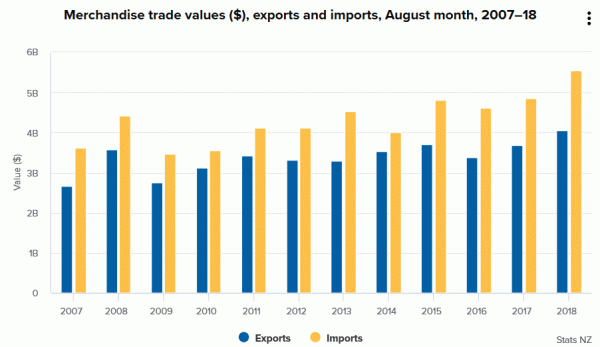
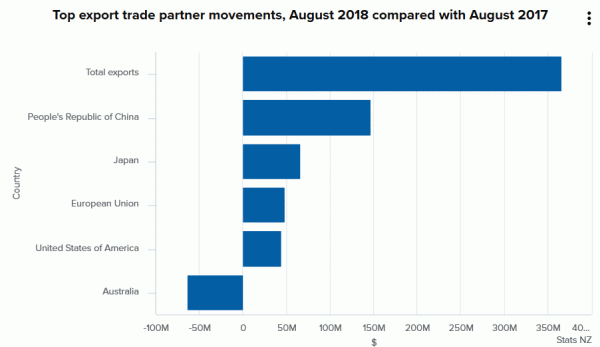
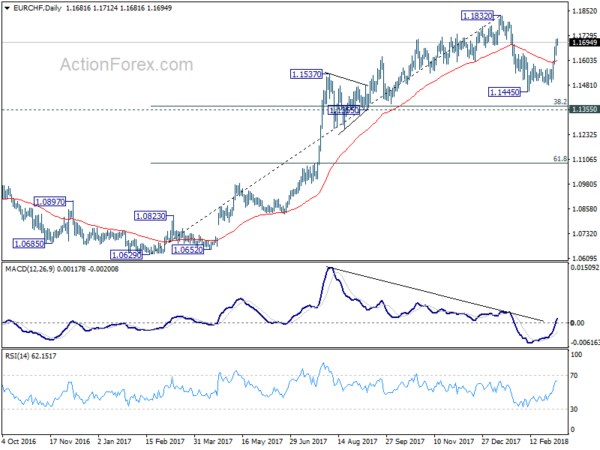
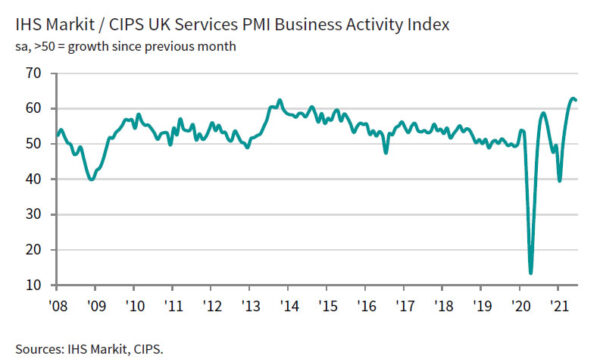
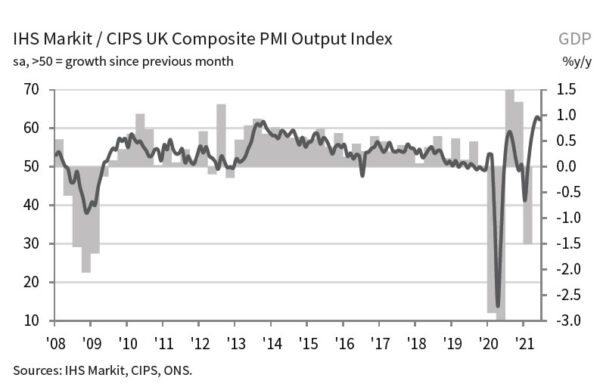
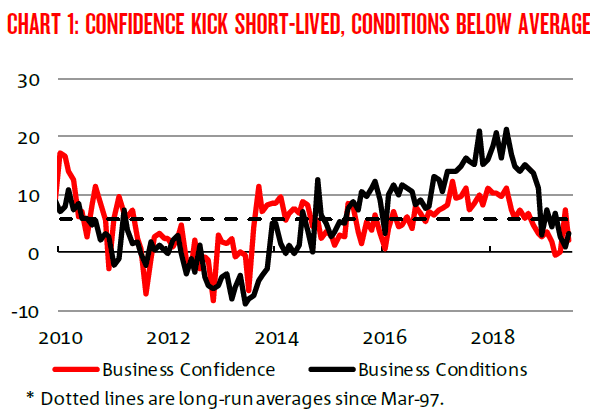
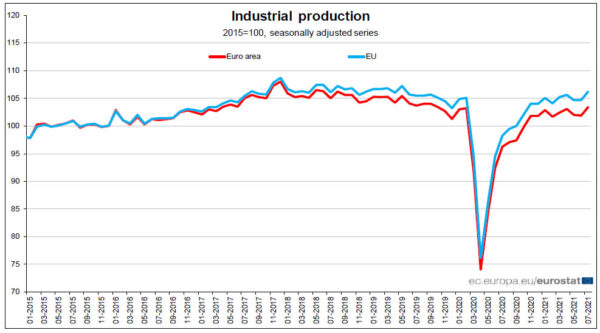
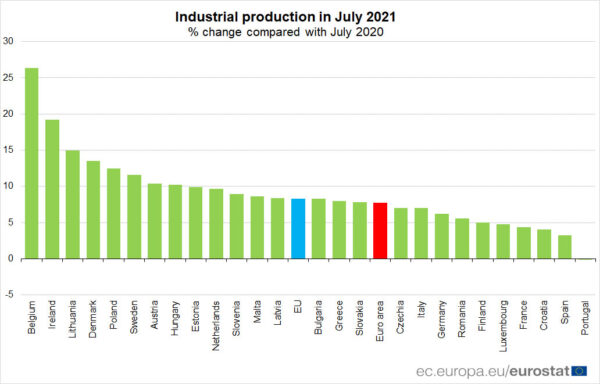
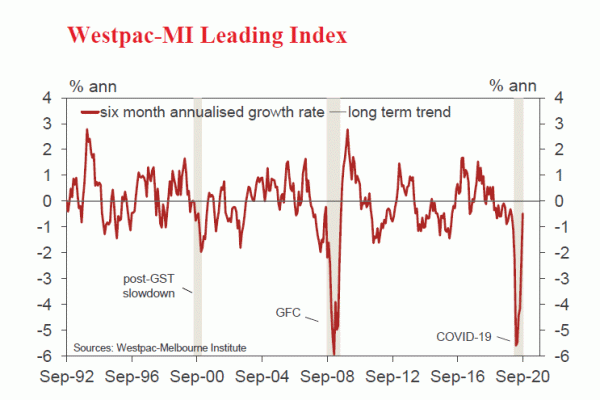
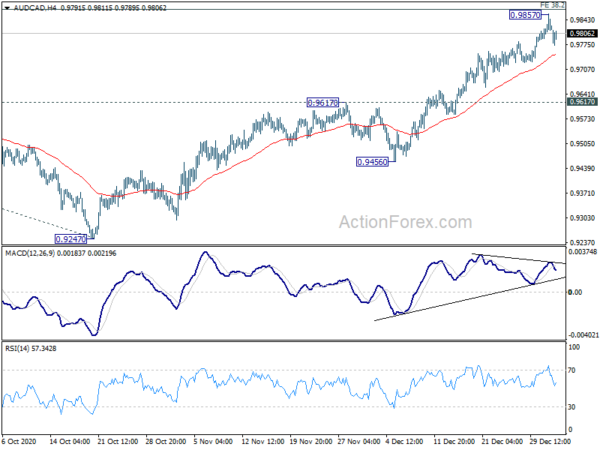
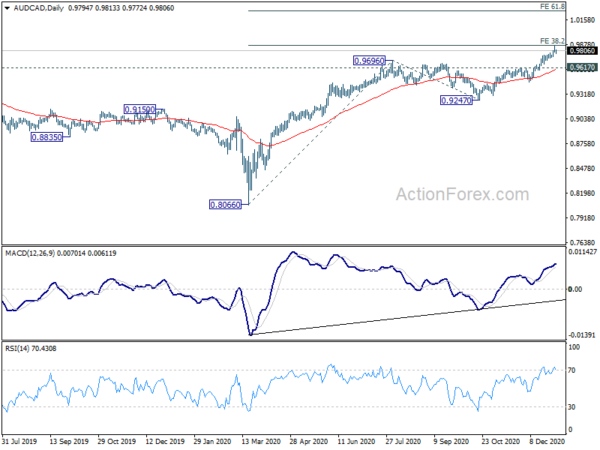
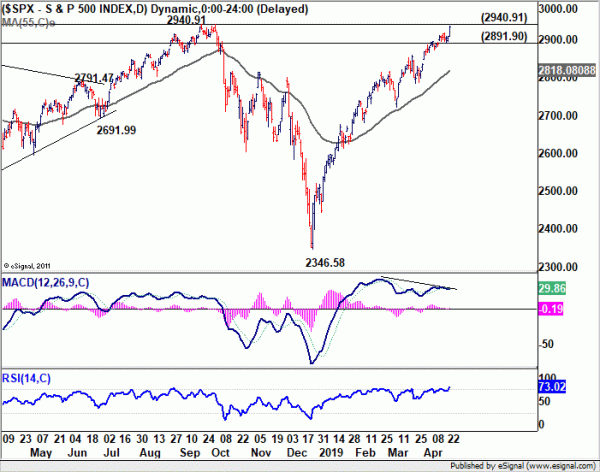
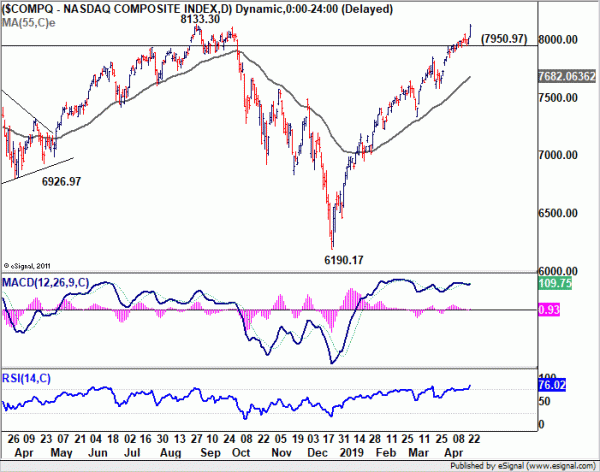
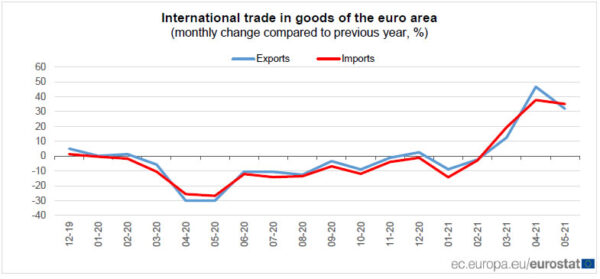

UK retail sales picture bleak on Brexit uncertainty
UK BRC like-for-like sales dropped -1.6% yoy in June, below expectation of -1.5% yoy. Total sales dropped -1.3% yoy. The data were worst in record for June since 1995. Helen Dickinson, Chief Executive of BRC, noted, “overall, the picture is bleak: rising real wages have failed to translate into higher spending as ongoing Brexit uncertainty led consumers to put off non-essential purchases.”
She added: “Businesses and the public desperately need clarity on Britain’s future relationship with the EU. The continued risk of a No Deal Brexit is harming consumer confidence and forcing retailers to spend hundreds of millions of pounds putting in place mitigations – this represents time and resources that would be better spent improving customer experience and prices. It is vital that the next Prime Minister can find a solution that avoids a No Deal Brexit on 31st October, just before the busy Black Friday and Christmas periods.”
Full release here.